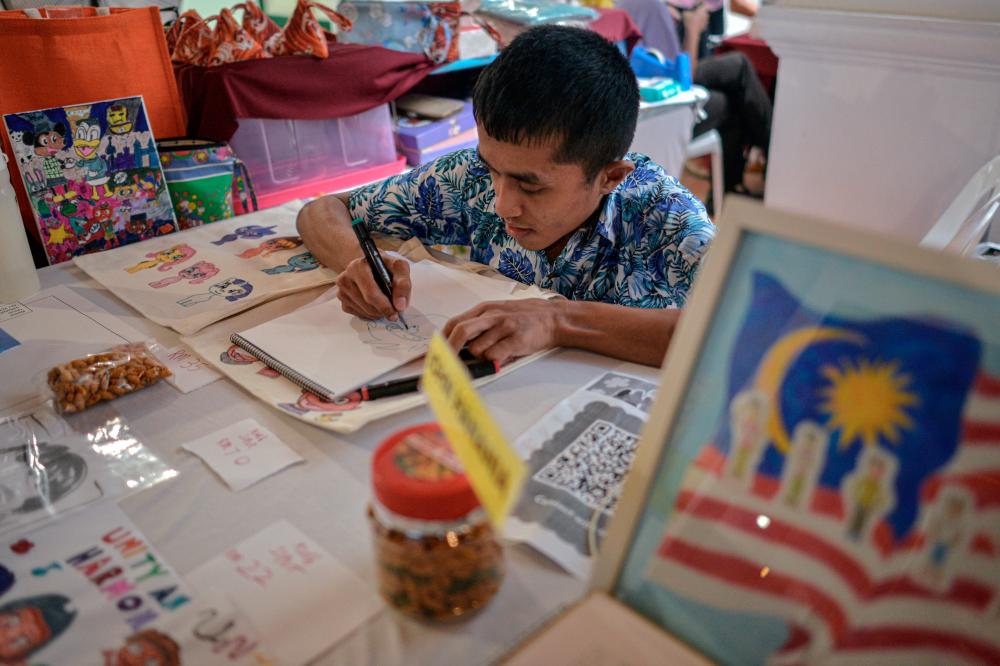PETALING JAYA: The National Autism Society of Malaysia has called on the government to conduct a comprehensive mapping exercise to address regional disparities in the provision of autism care services.
Its programme head Rusmawati Abdullah said data from the Social Welfare Department could be used for the purpose, and the initiative would provide insights and prioritise areas that lack sufficient resources for the autistic community.
Women, Family and Community Development Minister Datuk Seri Nancy Shukri said as of Oct 31, there were 33 autism care centres in the country while the number of autistic individuals with learning disabilities in the same period totalled 65,191.
She said the government could target regions in need of support and ensure a more equitable distribution of care and services for autistic individuals across the country, especially in underserved areas.
“The mapping effort could serve as a foundation for future policy decisions and resource allocation, improving the quality of care and services for individuals with autism.”
She said while the services are more accessible in the Klang Valley area, there is a need for centres in northern and southern Peninsular Malaysia, Sabah and Sarawak.
“The shortage stems from the increasing prevalence of autism, limited facilities, lack of trained professionals and financial constraints faced by families. While we have made strides in addressing autism care, the infrastructure is inadequate to meet the demand.”
She said limited private sector involvement, underfunded NGOs filling service gaps, low public awareness on autism care’s financial needs, geographical inequalities in rural and semi-urban areas, and high initial infrastructure costs hinder the expansion of autism care services.
Johor Disabled Children Charitable and Cares Organisation founder and president Dr Yahya Haidrus said the gap between service demand and availability is substantial, with many existing centres being overcrowded, resulting in long waiting lists and limited
one-on-one support.
He said there is limited availability of specialised training programmes in Malaysia, which affects the quality of care being provided.
“Many caregivers and therapists lack the skills to handle complex autism cases while the shortage of certified professionals has resulted in unequal access to therapy. This highlights the need for service expansion.”
Hua Ming Autism Society members echoed the concerns and said the shortage of autism care services has placed significant strain on families through stress and financial burden as they are left to manage without adequate support.
“While help exists through various agencies, it is insufficient. Collaboration between government bodies, NGOs and private companies needs improvement and faster implementation,” it said in a statement to theSun.
UiTM Faculty of Communication and Media Studies senior lecturer Dr Mohd Yusof Zulkefli, who is also an expert in autism and communication, said the gap between available care centres and the number of autistic individuals in the country underscores a systemic inadequacy in service provision.
“This disparity often leaves families with limited access to essential support, resulting in delayed intervention, unequal opportunities for skills development and heightened financial stress. The lack of sufficient facilities also places pressure on existing centres, potentially compromising the quality of care.”
He said insufficient care centres delay access to critical therapies that improve communication, social interaction and cognitive skills, especially when early intervention is pivotal for shaping the developmental trajectory of children with autism.
“A comprehensive national policy focused exclusively on autism care that includes early diagnosis and intervention programmes in all primary healthcare facilities is crucial as developmental milestone tracking for children starts from infancy.”









